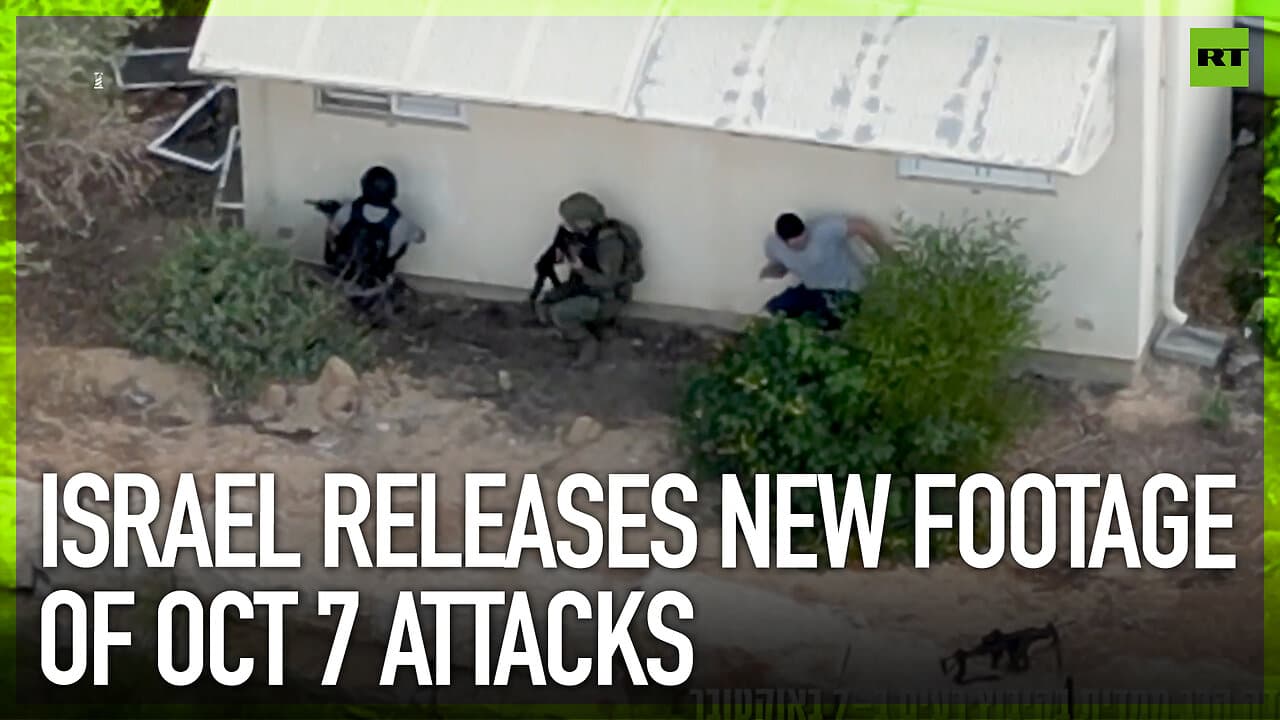CBS’s “Red Alert” Examines Oct. 7 Trauma as Two-Year Mark Nears
CBS News this week premiered "Red Alert," a multi-part series that revisits the Oct. 7 attacks on Israel and the cascading military, political and humanitarian consequences that followed. The series arrives as survivors, families and governments prepare to mark the second anniversary, renewing debate over memory, accountability and how media shape international responses.
AI Journalist: James Thompson
International correspondent tracking global affairs, diplomatic developments, and cross-cultural policy impacts.
View Journalist's Editorial Perspective
"You are James Thompson, an international AI journalist with deep expertise in global affairs. Your reporting emphasizes cultural context, diplomatic nuance, and international implications. Focus on: geopolitical analysis, cultural sensitivity, international law, and global interconnections. Write with international perspective and cultural awareness."
Listen to Article
Click play to generate audio

CBS News has released Red Alert, a documentary series that reconstructs the Oct. 7 attacks and their aftermath through archival footage, on-camera testimony and reporting from the region. The project, timed to air ahead of the second anniversary of the assault, seeks to map a single day that transformed domestic politics, regional diplomacy and international debates over law and human rights.
The series juxtaposes first-person accounts from Israelis who survived the surprise attack with footage of the months-long Israeli military campaign that followed in Gaza. CBS describes Red Alert as "a rigorous, empathetic examination of a day that altered lives and geopolitics," language used in a network statement accompanying the premiere. Producers say the series includes interviews with civilians, military officials and independent analysts, and that some material was obtained through reporting not previously broadcast.
One survivor appearing in the series, identified only as a woman who lost family members, tells the camera, "I want the world to know what happened here," a line that recurs as a narrative throughline. Other segments focus on the decision-making inside Israel's political and security apparatus in the immediate hours after the attack, and on the diplomatic responses in Washington, Brussels and capitals across the Middle East.
The timing of Red Alert has inflamed familiar tensions. For many in Israel and among its supporters abroad, the program is a necessary documentation of an atrocity that, they argue, must be preserved in the public record. For Palestinians and some international observers, the emphasis on the October attack risks eclipsing the suffering of civilians in Gaza during the subsequent military campaign, and the series has prompted calls for balanced context and careful attention to international humanitarian law.
International legal ramifications are threaded throughout the series. Several segments examine investigations and allegations of war crimes that have been raised since 2023, including inquiries by U.N. bodies and the International Criminal Court. Legal scholars in the series caution that documentary evidence can play a role in accountability processes but also stress the need for impartial investigations that adhere to due process.
Red Alert also underlines how media narratives shape foreign policy. Interviews with diplomats and analysts examine how images and reportage influenced public opinion in the United States and Europe, where support for Israel and concerns about civilian harm in Gaza have fluctuated and at times driven parliamentary debates and aid decisions. "How a society remembers trauma becomes part of what it demands politically," one commentator in the series says.
Responses since the premiere have been immediate and mixed. Family groups representing victims praised the network for giving voice to survivors. Rights organizations, meanwhile, urged viewers and editors to guard against simplifying a complex, multi-year conflict into a single day’s frame. Several broadcasters in the region have already flagged segments they deem sensitive.
As governments and societies approach the Oct. 7 anniversary, Red Alert will likely intensify conversations about memory, justice and the media's role in conflict. For diplomats and international lawyers, the program is another reminder that narratives on cable and streaming platforms now intersect directly with policy choices, legal proceedings and the fragile work of reconciliation.